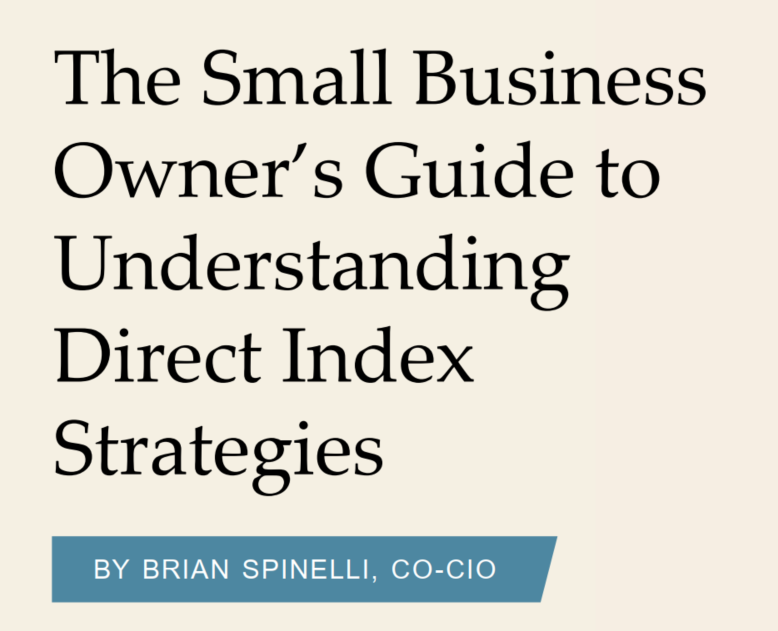There’s no set and forget with estate planning. Even if you already have a plan, it will need to stay abreast of changes to tax laws—and your relationships.
How we help
Ongoing reviews and updates.
As part of our review, we’ll revisit your named beneficiaries on accounts, confirm with you that all assets are titled correctly, and help you keep your paperwork organized—in an electronic, secure storage system.
We’re your advocate.
From advising on your estate plan’s structure to ensuring that important details stay current, we’ll help anticipate potential risks and continue to look out for your interests.

Frequently Asked Questions
How do financial advisors help with estate planning?
Financial advisors can help create the foundation for long-term wealth. They can help you organize and manage your assets in conjunction with your estate plan. Additionally, they help align your budget and your investment strategy with your goals, and help assess whether you are appropriately insured in an effort to mitigate future risk. Working with attorneys and other professionals, your financial advisor can help you with various aspects that affect estate planning, such as tax planning, charitable gifting, and reviewing your plan in light of new goals or family dynamics.
How does estate planning protect assets?
An estate plan can be designed to help protect assets in many ways depending on your goals. Some key points include avoiding probate, seeking to minimize taxes, outlining your wishes, and identifying beneficiaries.
Why is estate planning important?
An estate plan is a critical financial planning tool and educational document that can help protect your current and future wealth and that of your designated beneficiaries. Sixty-seven percent of Americans die without a will, risking that the courts and probate laws will govern their assets when they die and determine the legal heirs. Not having a will can also create a headache for your loved ones. Consider creating an estate plan when you become a legal adult at 18, get married, or have children.
What is the difference between an estate planner and a financial advisor?
Most estate planners have a background in law and finance and can assist with estate planning. Financial advisors will often work with an estate planner to compile an estate plan. At Halbert Hargrove, we have access to estate planning technology that can help support the estate planning process. If you don’t have an estate plan already, speak with your financial advisor about how they can help. Remember to revisit your estate plan periodically to ensure it’s accurate and updated.
Can my financial advisor be my executor?
Yes; however, choosing your financial advisor as executor can create conflicts of interest since they also manage the money itself. Most people designate trusted family members or friends to carry out the duties named in their estate. Make sure to speak with your financial advisor about the pros and cons of naming them as the executor of your estate, and whether they are permitted to do so due to potential conflicts of interest.





